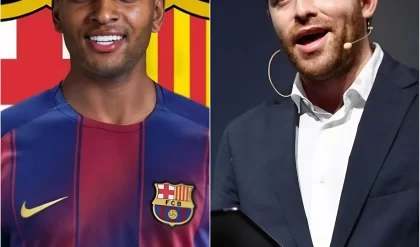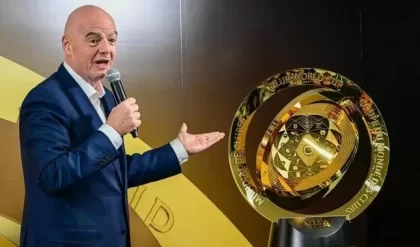Frankie Dettori’s Chilling Confessions: The 2000 Plane Crash That Shook the Horse Racing World
On June 1, 2000, the horse racing world held its breath as news broke of a devastating plane crash involving Frankie Dettori, one of its most celebrated figures. The Italian jockey, renowned for his charisma and unparalleled success, narrowly escaped death in a tragedy that claimed the life of pilot Patrick Mackey and left fellow jockey Ray Cochrane with lasting scars. Dettori’s recent reflections on that fateful day, shared in candid interviews, have resurfaced, leaving fans and the racing community in a quiet reverence for his survival and resilience. His vivid recounting of staring death in the face offers a haunting glimpse into a moment that reshaped his life and career.
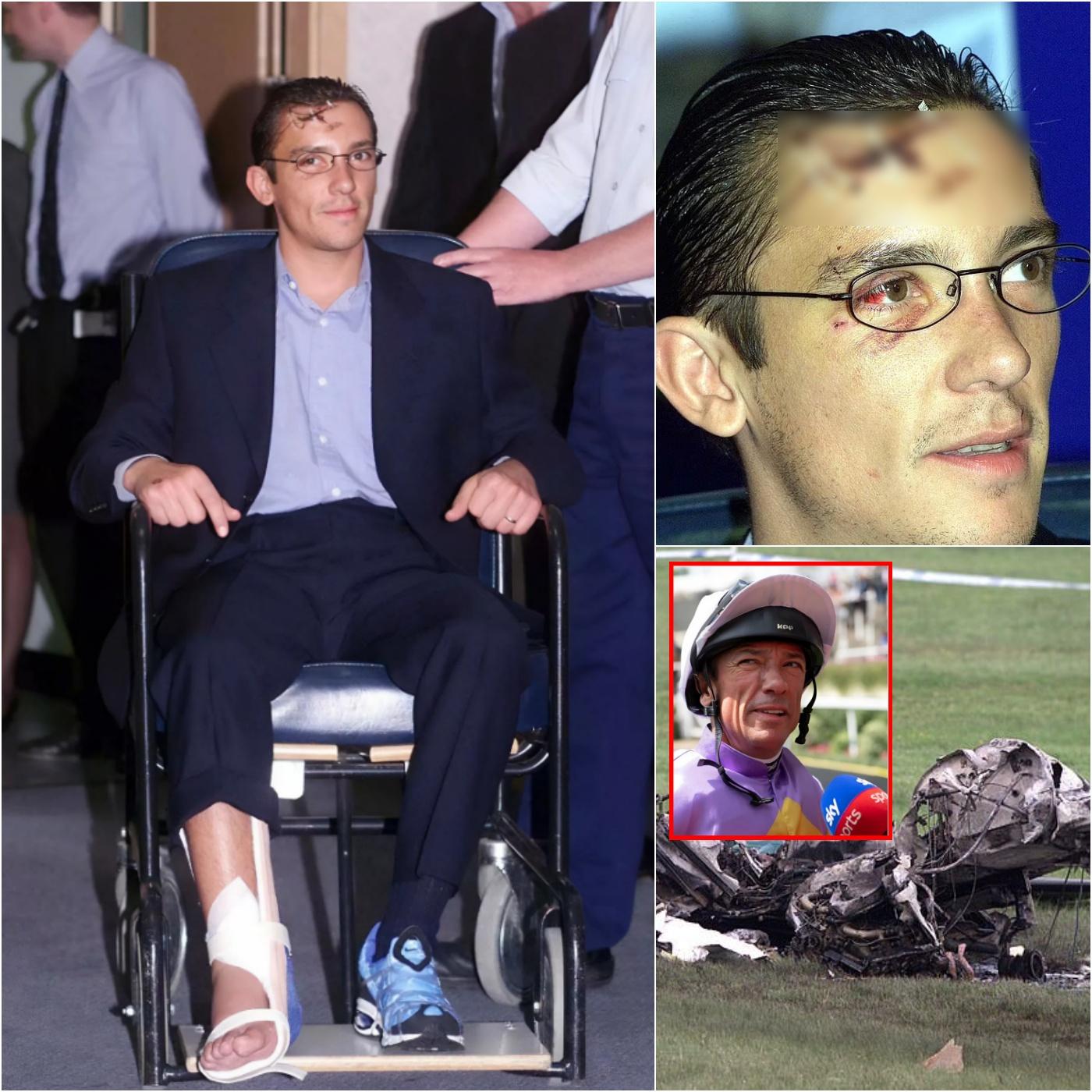
The incident occurred when Dettori and Cochrane boarded a Piper Seneca, a light aircraft, for what was meant to be a routine flight from Newmarket Racecourse to Goodwood. The plane, a rented substitute for their usual aircraft, clipped a ditch during takeoff, spiraling into a catastrophic crash. Moments after lifting off, the aircraft plummeted, bursting into flames upon impact. Dettori, then just 29 years old and in the prime of his career, suffered a fractured ankle and thumb, but it was Cochrane’s heroism that saved his life. Despite sustaining burns, Cochrane dragged Dettori from the wreckage through the plane’s luggage compartment, seconds before it exploded.
In a gripping interview with Piers Morgan on Piers Morgan Uncensored in January 2024, Dettori relived the terror of those moments. “I didn’t have time to scream and I was just disappointed that I was going to die,” he said, his voice heavy with the weight of memory. “I was thinking to myself, ‘I’m 29 years old; I just had a six-month-old child; why are you taking me now?’” His words paint a vivid picture of a man grappling with mortality, his thoughts racing to his newborn son, Leo, and the life he feared he would leave behind. The raw emotion in his confession resonates deeply, reminding fans of the fragility of even the most vibrant lives.
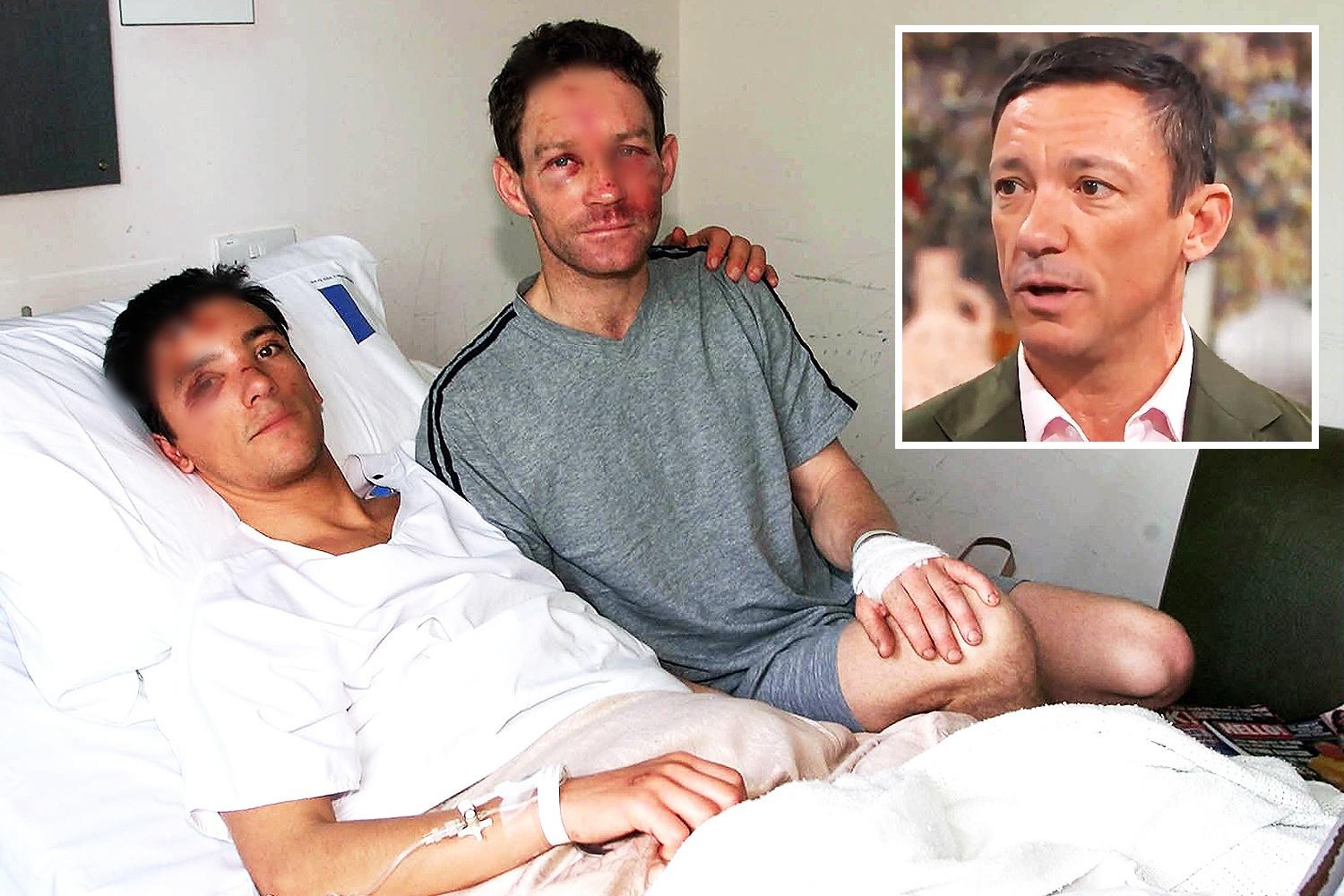
The horse racing world, accustomed to Dettori’s infectious energy and trademark flying dismounts, was stunned into silence by the crash. The incident, occurring just nine days before the Epsom Derby, sent shockwaves through the sport. Dettori, a three-time British flat racing champion, was at the peak of his fame, having achieved the “Magnificent Seven” in 1996 by riding all seven winners at Ascot’s British Festival of Racing Day. The near loss of such a figure was unthinkable. Yet, Dettori’s survival, thanks to Cochrane’s bravery, became a story of hope amid tragedy.
Cochrane, who retired from racing partly due to injuries sustained in the crash, rarely speaks of the event. However, in a rare comment reported by the Daily Mail, he recalled the chaos: “We set off down the airfield, the wind caught it and it bounced.” His quick thinking under unimaginable pressure earned him a Queen’s Commendation for Bravery in 2002. Dettori, reflecting on his friend’s heroism in a 2020 interview with the Daily Mail, said, “We never really spoke about it and we don’t have to. It was beyond scary. It was such a bad experience and it will never leave you.” The bond between the two jockeys, forged in the flames of that day, remains unspoken but unbreakable.
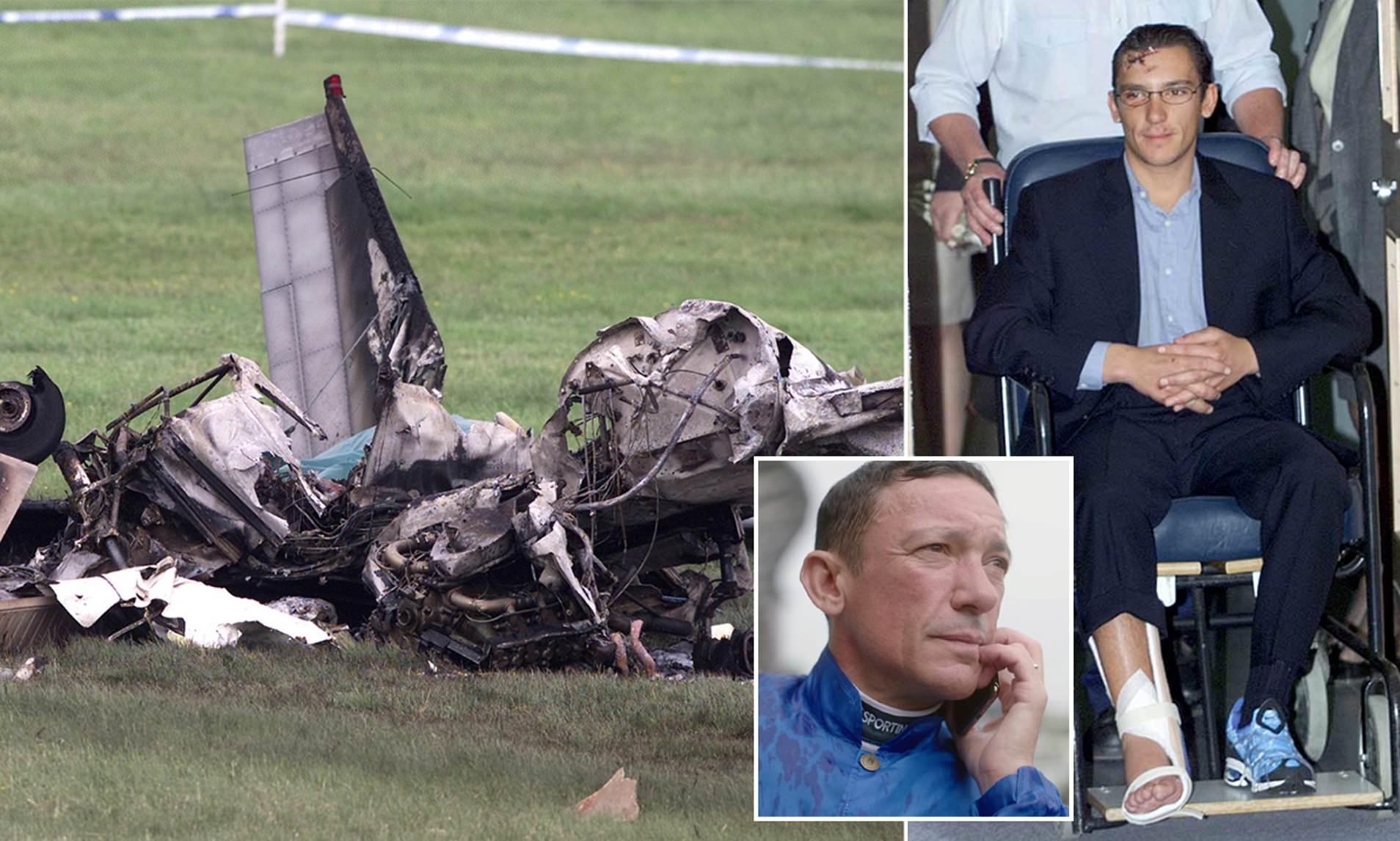
The crash profoundly altered Dettori’s perspective. In his 2021 autobiography, Leap of Faith, he described the day as a turning point. “I was very scarred by the whole ordeal and racing is not a priority in my life at the moment,” he admitted at a press conference shortly after the incident, as reported by The Irish Times. The trauma lingered, and for the next three years, Dettori struggled to regain his former self. He told The Sun in 2021, “I was obviously very sorry I lost my mate Patrick. I don’t think I was myself for the next three years.” Yet, the tragedy also sparked a newfound appreciation for life. Six months after the crash, Dettori fulfilled a lifelong dream by purchasing a Ferrari, reasoning, “Why wait?” as he shared with Piers Morgan.
The racing community’s reaction to Dettori’s survival was one of overwhelming support. Just weeks after the crash, as he walked through the parade ring at Ascot, he was met with cheers and applause from fans, a moment he described as deeply touching in Leap of Faith. His return to racing in August 2000, riding Atlantis Prince to victory at Newmarket, marked the beginning of a remarkable comeback. By 2003, he won the Dubai World Cup on Moon Ballad, and in 2004, he claimed his third champion jockey title. His resilience became a testament to his enduring passion for the sport.
Dettori’s confessions have reignited discussions about the risks jockeys face beyond the racetrack. The 2000 crash was not just a personal tragedy but a stark reminder of the dangers inherent in a sport where travel between venues is routine. The loss of Patrick Mackey, a seasoned pilot, underscored the unpredictability of such incidents. Dettori’s reflections, shared in outlets like the Daily Star and EssentiallySports, have prompted fans to marvel at his ability to return to the saddle with such vigor. His career, now spanning over 35 years, includes 23 British Classic wins and 287 Group 1 victories, a legacy that might never have continued without Cochrane’s courage.
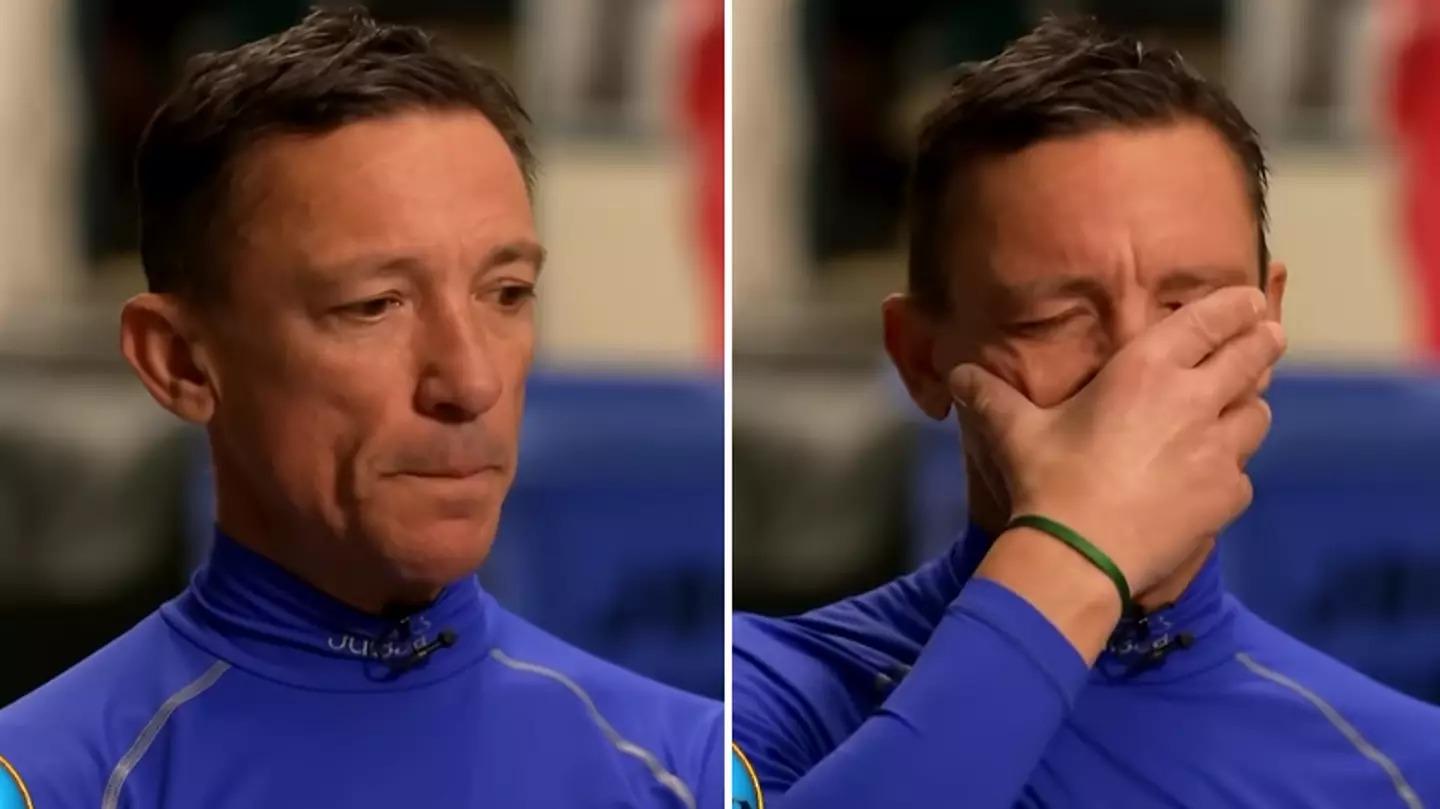
The emotional weight of Dettori’s story has also resonated on a human level. His vulnerability in discussing the crash, coupled with his gratitude for life, makes his narrative universally compelling. In a 2021 interview with The Sun, his wife, Catherine, revealed the impact on their family: “We saw the darkness. Anxiety, depression and his weight was really bad.” Dettori’s struggles with bulimia and a 2012 cocaine ban further highlight his humanity, making his triumphs all the more inspiring. His wife’s plea, “Show me how good you are,” became a rallying cry for his comeback, leading to iconic victories with horses like Enable and Golden Horn.
As Dettori prepares to wind down his career, with a retirement planned for the end of 2023, his reflections on the 2000 crash serve as a poignant reminder of his journey. The horse racing world, still processing his confessions, remains in awe of his ability to transform trauma into triumph. Social media platforms, particularly Facebook, have seen an outpouring of support, with fans sharing clips from his Piers Morgan Uncensored interview and posts celebrating his legacy. The story’s emotional depth, combined with Dettori’s status as a beloved figure, makes it ripe for engagement, as it taps into themes of survival, redemption, and the human spirit.
Dettori’s tale is not just one of a jockey who survived a crash but of a man who found meaning in the aftermath. His words to Piers Morgan encapsulate this: “If that didn’t happen, I probably would have been more successful in my career. I became wiser because I spent more time with family.” For a sport built on speed and spectacle, Dettori’s story offers a moment of pause, inviting fans to reflect on the fragility of life and the strength it takes to carry on. As the racing world continues to share his story, it’s clear that Frankie Dettori’s brush with death has left an indelible mark, not just on him, but on all who follow his extraordinary journey.




